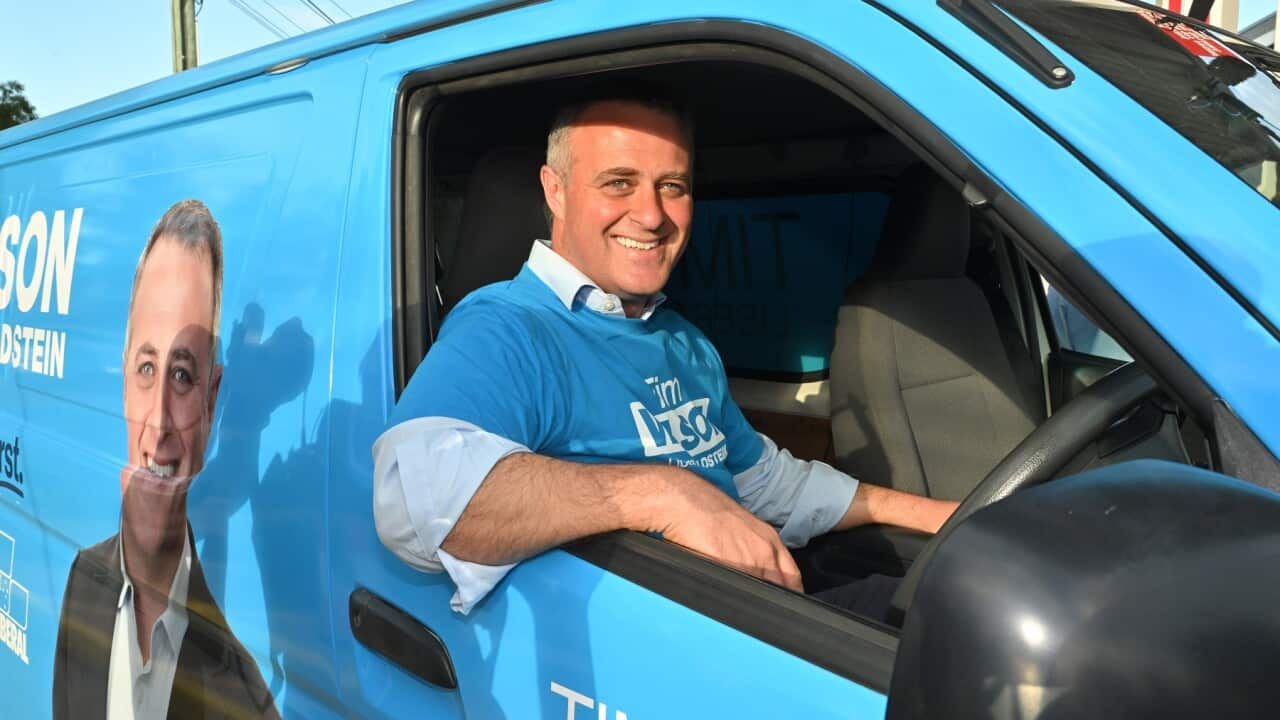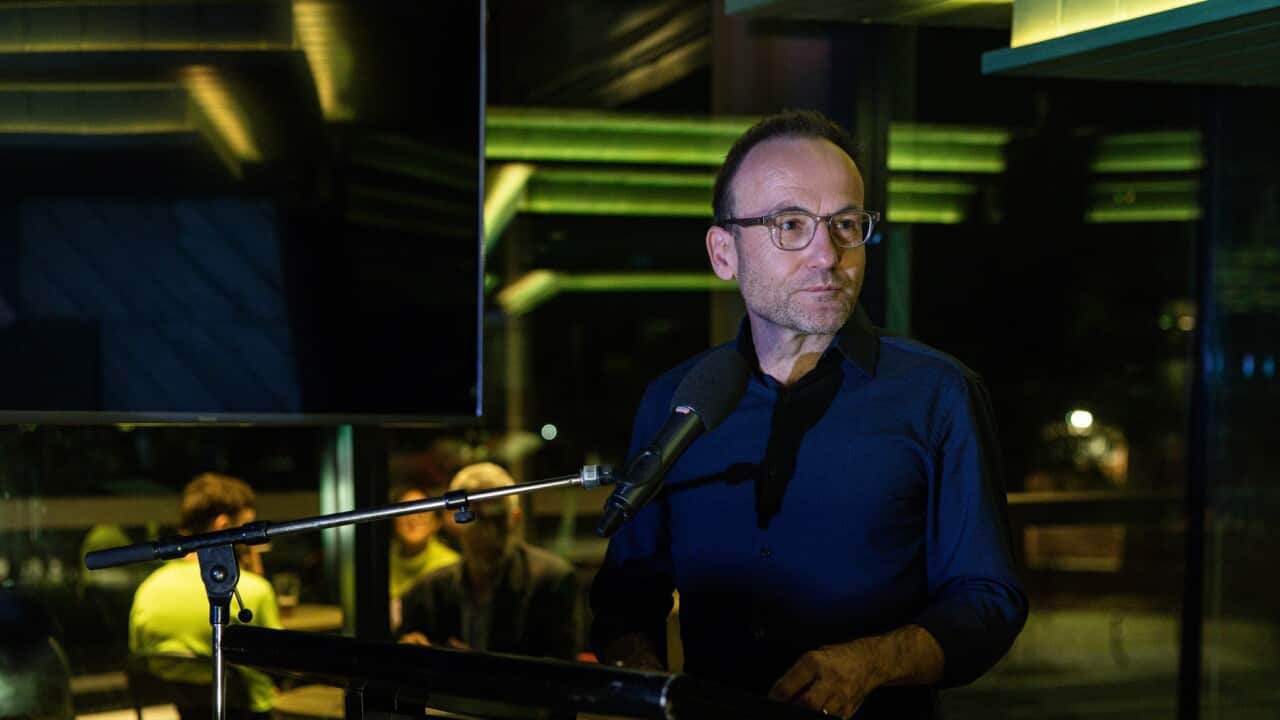TRANSCRIPT
We know an election is coming some time soon... but when?
Unlike countries like the United States, there are no fixed dates for Australian federal elections.
A federal election happens when the Prime Minister decides it does, with approval from the governor general, within about three years of the last election.
And Anthony Albanese hasn't offered much clarity.
"Well, it is in coming months. It'll be sometime between now and May."
Graeme Orr is a Professor of Law at the University of Queensland.
He says there's a slightly tighter window as to when it could be held.
"You can bank on it being between March and mid-May."
He means that whilst an election could, in theory, be called any day, it's not something that usually happens over summer.
"The custom is we do not have elections over high summer. It's a sense that people might resent having to think about something's important this election on their holidays. But more it's just that lot of people go interstate or overseas, and they'd have to get a postal vote or they'd be disenfranchised."
So ruling out summer, the first possible date would be in March.
And then the constitution says it needs to be held by mid-May.
"In theory, a government which is formed in the House of Representatives can carry on for three long years from the last time the House of Representatives sat. So in theory, we could go through to late September next year. But actually, the Constitution also says that new senators have to be seated by 1 July."
So the date has to allow for representatives to be elected to both Houses of Australia's parliament.
On top of that, there are laws that control how long is needed from when an election is called to when the parliament is seated.
"The Electoral Act says the minimum period for a campaign is 33 days, and you need a couple of weeks to actually count all the votes, especially in really close seats. But also the Senate's a very complex count, so you can work back from that 33 days plus two weeks to say, look, we're going to have to have an election by mid-May for the Senate, so we might as well have one for the house at the same time."
And when narrowing down when it's called between March and mid-May, it's up to political thinking.
"They're often looking at, you know, how grumpy are people? Have we had a budget recently with some good policies and nice stimulants, but most of all, what's the economy like?"
Those economic issues will be big this election.
High mortgages and cost of living issues are top concerns for voters.
With over 40 years of experience advising Labor, Bruce Hawker, special counsel at Fitzpatrick and Company Advisory, thinks the election will be later in the available window.
"I think if it was to be held in March it would be based on an assumption that the interest rates were not going to come down, and the economy could sink a little further into the red than it otherwise might be."
Mr Hawker says he expects the government will be looking closely at the outcomes of the Reserve Bank's meetings in February and April.
"If the RBA brings down interest rates at its next meeting in February or on the first of April after that, then that's good news for the government. If it doesn't, it's all the more reason why I think the government will be working to have an attractive budget in March."
The Prime Minister in the past has called for longer than three-year terms.
To change that, you'd need to hold a referendum.
"I have said consistently, as well, that I think three years is too short. I wish we had longer terms like we do in every state and territory in the country and (in) most nations around the world."
Professor Orr says that's unlikely to happen any time soon.
"Referendums in Australia - they happen very rarely at the national level, and they usually lose, I think, partly because of compulsory voting. Most people aren't really interested in the legal detail of the Constitution."
So what happens when the election is actually called?
"When the car out there with the little flag on the front goes to Yarralumla, you'll know it's called."
As the Prime Minister alludes to, he hops into a car to go and see the Governor General.
And then, as Professor Orr explains, the whole process begins.
"They request the election. Unless it's an extraordinary request, the Governor General will accede to it almost straight away. Then they dissolve the House of Representatives, so it sort of ceases to exist, but your MP is still in place, they just can't vote on legislation. So they're still there being paid to do constituency duties. Then half the Senate will also be dissolved or be up for election."
The gears of democracy start churning, a writ is issued to the Electoral Commission, and there's a week for voters to update their enrolment.
Politicians hit the road campaigning, announcing their big ticket items and trying to win the hearts and minds of people across the country.
Five weeks later, democracy sausages are sizzling and Australians are required to cast their votes.













